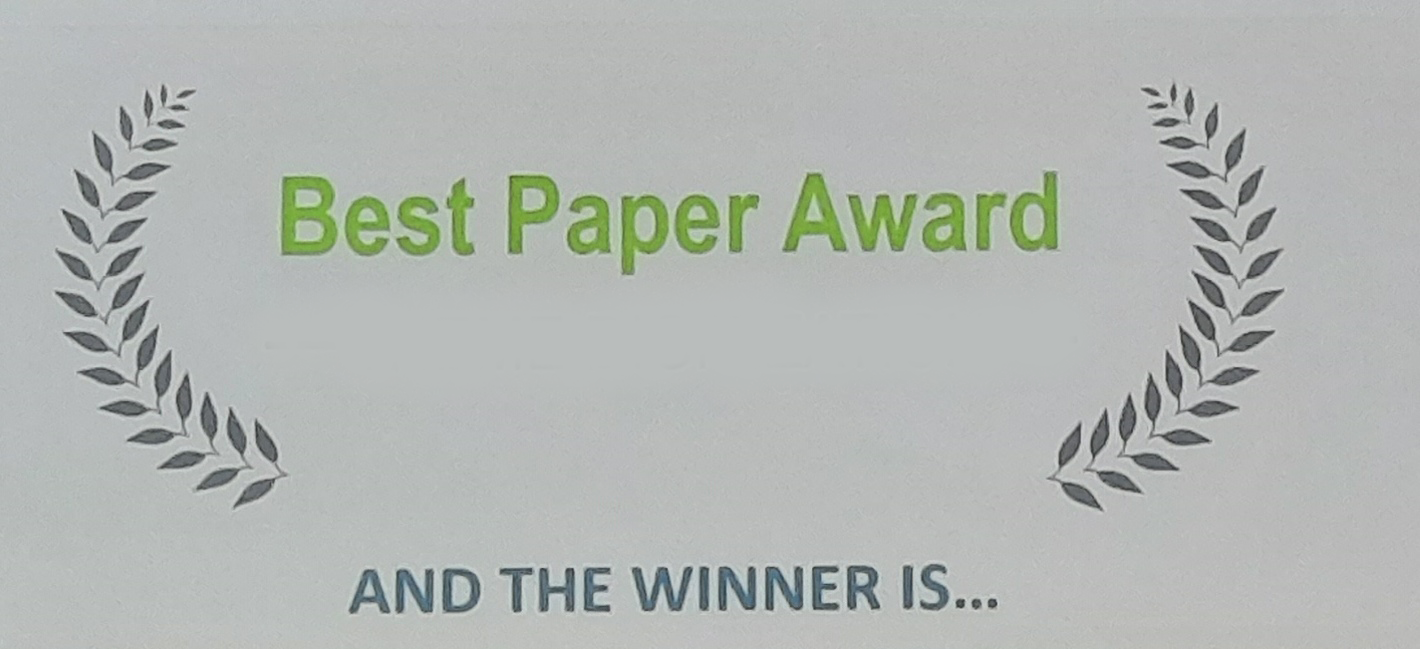Air/water heat pumps
energy and environmental assessment in Mediterranean residential building sector
DOI:
https://doi.org/10.34641/clima.2022.35Keywords:
Heat pump, condensing boiler, residential, single-family houseAbstract
The improvement of buildings energy efficiency represents one of the key objectives of current European policy actions, in order to guide the transition towards a low-carbon society. Indeed, nowadays, it is known that the building sector is responsible for 40% of total energy consumption and that heating is recognised as the main cause of this impact. In this context, heat pumps are recognized as promising solutions both for new constructions and for the renovation of existing buildings. For supporting the transition of the building sector, in Italy, within the “Recovery Decree” (D.L. 34/2020), which has introduced diverse social policies and financial support schemes to face the economic crisis following the COVID-19 pandemic, it is worth mentioning the current Superbonus incentive mechanism, accessible also for the installation of heat pumps. In this context, the paper aims to investigate the effectiveness of the use of air-to-water heat pumps as an alternative to traditional condensing gas boilers in residential buildings, either new or existing. Focusing on single-family houses, different models, differing in building size, envelope characteristics and heating systems were simulated, considering three different climatic zones of Italy. In detail, the energy simulations concerned two main application fields, the former considering the installation of heat pumps in new constructions, characterized by envelopes with high performances, while the latter analysing the use of heat pumps in existing buildings, without intervening on their envelopes with poor performances. The work aims to demonstrate the potential energy and environmental benefits associated with the use of heat pump solutions for space heating and domestic hot water production in both cases. The results allow stressing on the goodness of heat pump technologies in terms of energy savings (expressed in total non-renewable primary energy index) and CO2 emissions reduction, as well as their capability in improving the energy efficiency classes of the analysed buildings, only with system upgrading intervention.
Downloads
Published
How to Cite
Conference Proceedings Volume
Section
License
Copyright (c) 2022 Carola Lingua, Sara Viazzo, Stefano Paolo Corgnati, Simonetta Lena, Leonardo Prendin

This work is licensed under a Creative Commons Attribution 4.0 International License.



